History was made today as the top human rights body at the United Nations voted to create the world's first global-level envoy position focused on the human rights of LGBTQ people.
In a resolution passed today, a plurality of members of the U.N. Human Rights Council voted to establish the position of independent expert with a groundbreaking mandate to combat violence and discrimination against LGBTQ people around the world. While this resolution is the third passed by the council concerning sexual orientation and gender identity since 2011, it is the first to create such a position and institutionalize this mandate.
This is a major victory for LGBTQ rights advocates who have long been pressing for the creation of this position. Independent experts, or special rapporteurs (known as "special procedures"), are part of the U.N. system but are technically independent. They have been called the "crown jewels" of the human rights system because of their outsized influence in the international human rights landscape and the expanse of their roles engaging governments, civil society, and more.
This effort was led by a group of Latin American member countries of the U.N.'s 47-member Human Rights Council, including Argentina, Brazil, Colombia, Chile, Costa Rica, Mexico, and Uruguay. More than 620 nongovernmental organizations from 151 countries on every continent signed a joint statement of support, declaring:
"It is time to move beyond one-off initiatives and piecemeal measures. ... The establishment of a dedicated protection mechanism to address [sexual orientation and gender identity]-related human rights violations is a necessary step towards urgently addressing the serious abuses on these grounds in every region of the world."
The creation of this position was not without controversy. A predictable minority of U.N. member-states argued that there was no need for such a position. Their opposition was driven and supported by international anti-LGBT groups.
Ultimately, support for the effort came from diverse regions of the world. The resolution passed with 23 states in favor, 18 against, and six abstaining.
At minimum, the new position will help ensure that LGBTQ rights remain in the international spotlight and are integrated into the portfolios of both public officials and diplomats. The independent expert can also play a crucial role in sharing best practices concerning the protection of the human rights of LGBTQ persons among the U.N.'s 193 member states.
By its very nature, the job will be extremely challenging, as there is no shortage of ground to cover. The independent expert will have to conduct country visits to assess the status of LGBTQ rights; connect with human rights defenders on the ground; and constructively and diplomatically engage officials and decision-makers on recommendations for reform. They will also periodically report back to the U.N. General Assembly on more specific issues under their mandate, both establishing a critical repository of evidence and data where it is sorely needed and building an important bridge between the Human Rights Council in Geneva and the broader U.N. system in New York and elsewhere. The independent expert will also be able to issue private communications to governments, including in emergency situations when an individual's life may be at risk.
The recent massacre of 49 people in an LGBTQ nightclub in Orlando demonstrated once again that violence targeting people for who they are or they love is a persistent global problem. Seventy-three countries still criminalize same-sex relationships -- and in as many as 10 countries, being LGBT is punishable by death.
There are a few simple, early steps the new Independent Expert can take to catalyze change, raise global visibility for LGBTQ rights, and most critically, get the position renewed at the end of the initial three-year term. These include recognizing the overlapping discriminations that limit access of LGBTQ people to social and economic development; finding common ground with the other special procedures mandate holders -- including the 14 that focus on specific countries, like Syria, and the 41 that work on thematic issues such as freedom of assembly and combating racism -- to help address discrimination against LGBTQ people; and finally, committing to continued engagement with the diverse coalition of governments and civil society groups from across the global that drove this resolution across the finish line.
The outcome that was reached today in Geneva represents a key milestone for the LGBTQ community and its advocates and allies everywhere. It is yet another indication of the ever-increasing global recognition of the human rights and dignity of LGBTQ people. And even though we continue to face setbacks, today's vote demonstrates that the momentum for equality is unstoppable.
 JEAN FREEDBERG is the deputy director of HRC Global at the Human Rights Campaign.
JEAN FREEDBERG is the deputy director of HRC Global at the Human Rights Campaign.
 RYAN KAMINSKI is the senior program manager for human rights at the U.N. Foundation.
RYAN KAMINSKI is the senior program manager for human rights at the U.N. Foundation.
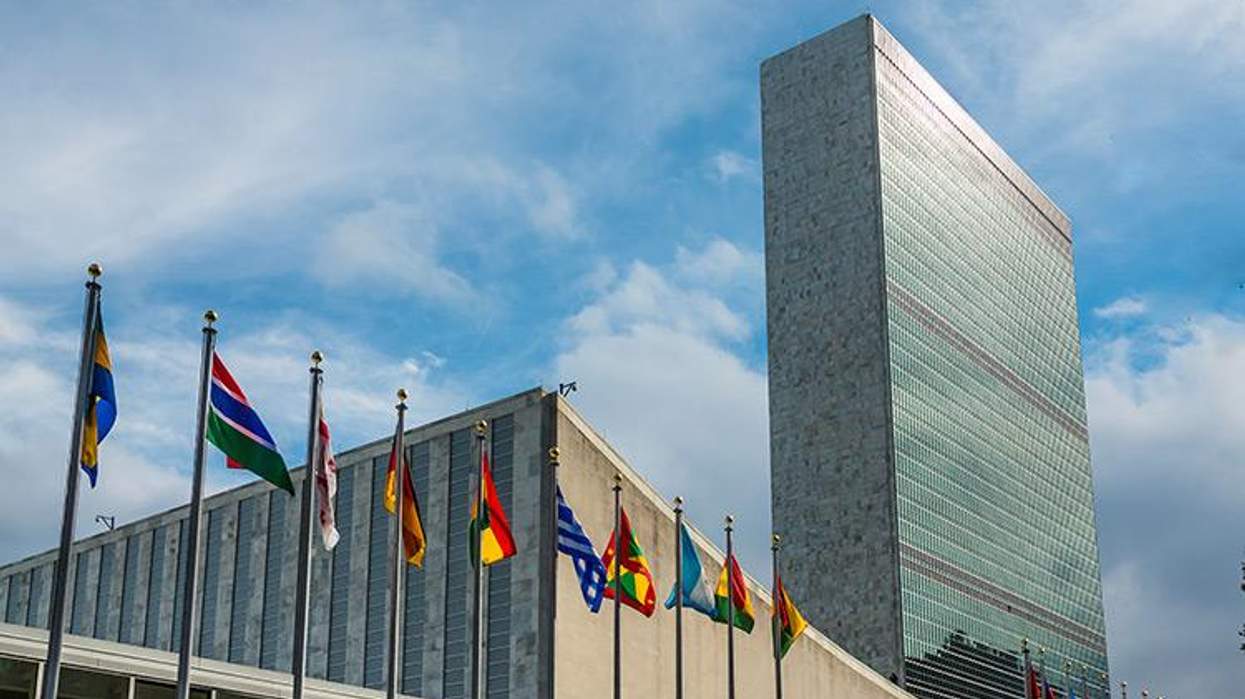

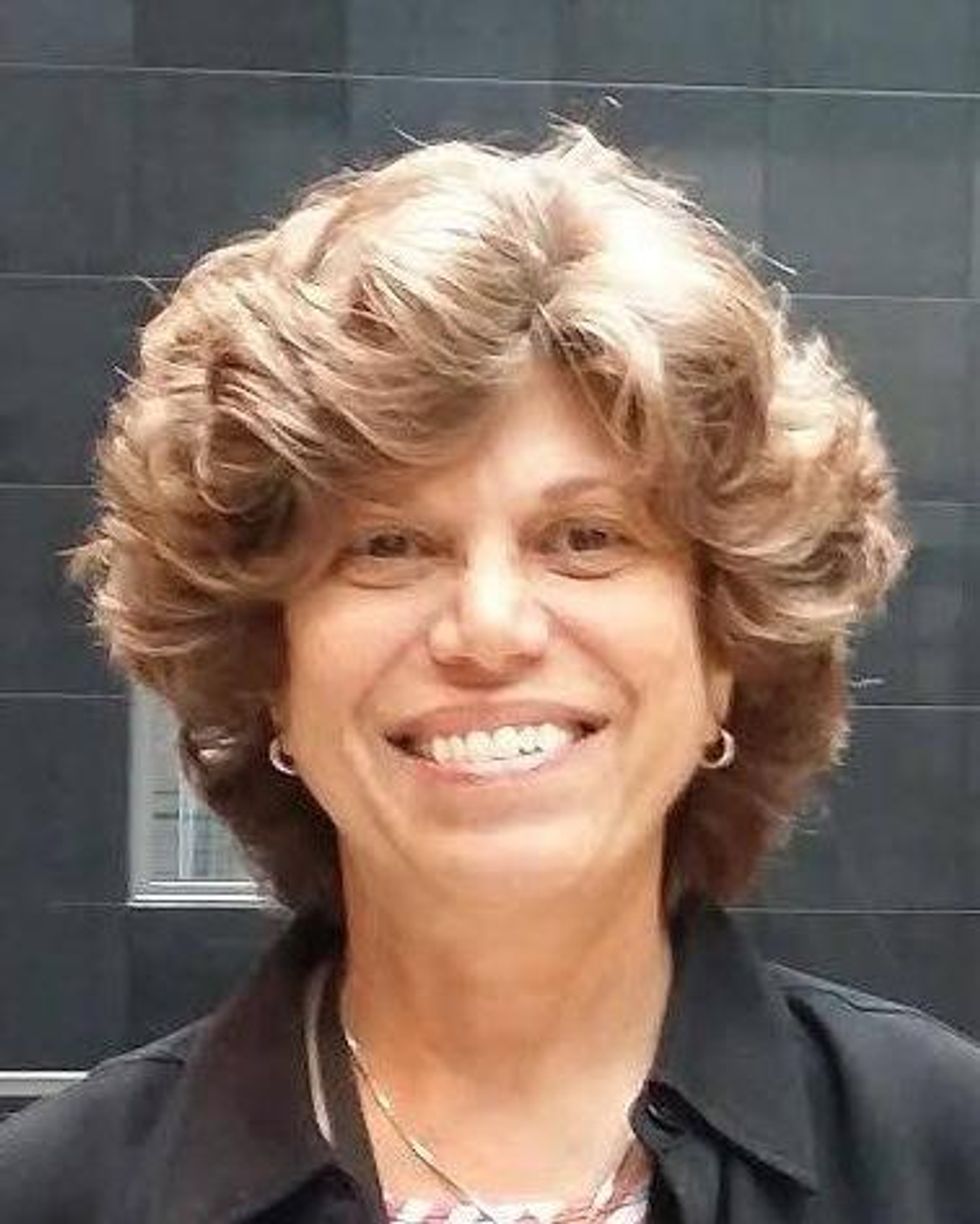 JEAN FREEDBERG is the deputy director of HRC Global at the Human Rights Campaign.
JEAN FREEDBERG is the deputy director of HRC Global at the Human Rights Campaign.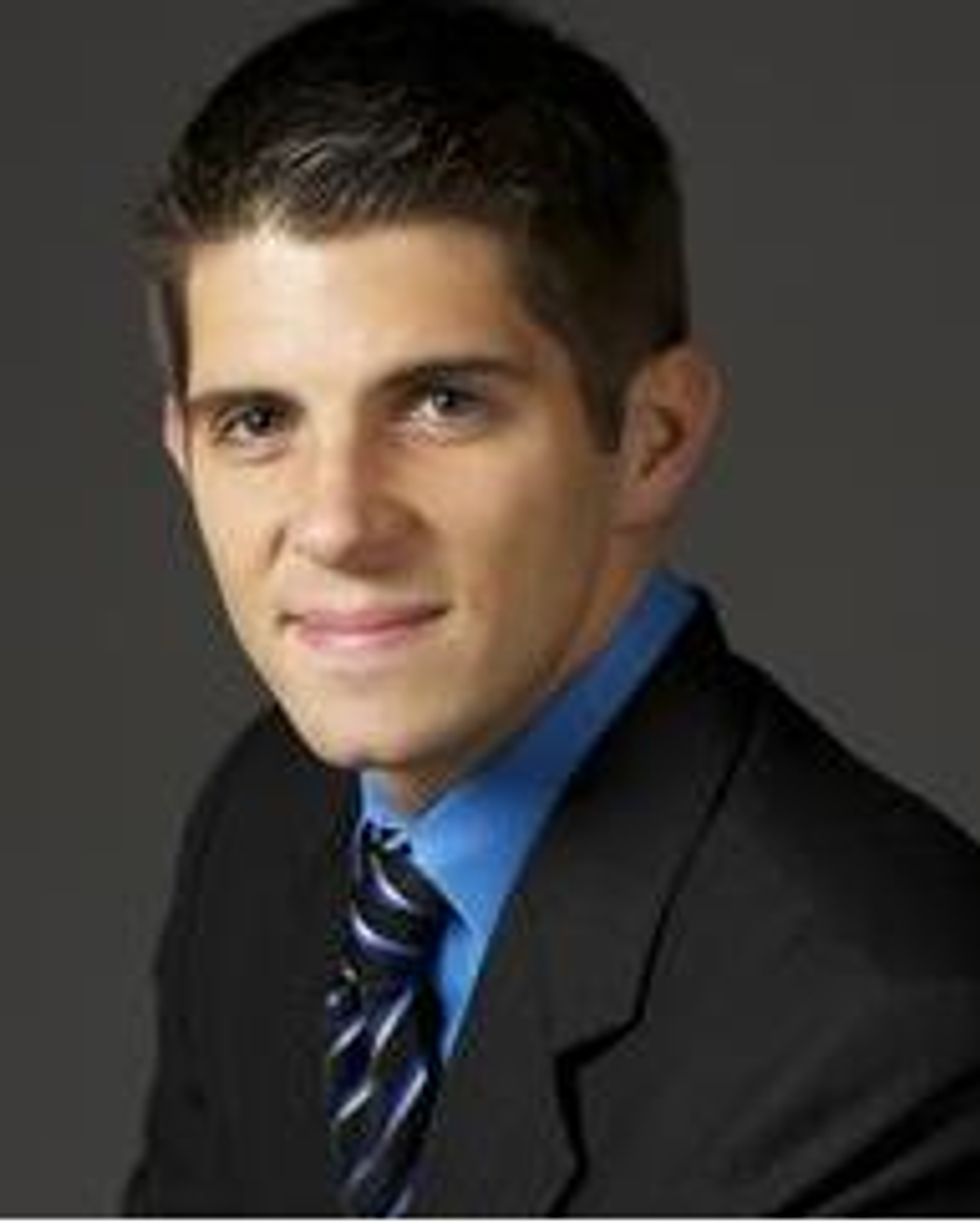 RYAN KAMINSKI is the senior program manager for human rights at the U.N. Foundation.
RYAN KAMINSKI is the senior program manager for human rights at the U.N. Foundation.









































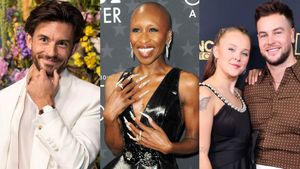






















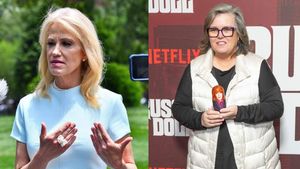
Charlie Kirk DID say stoning gay people was the 'perfect law' — and these other heinous quotes